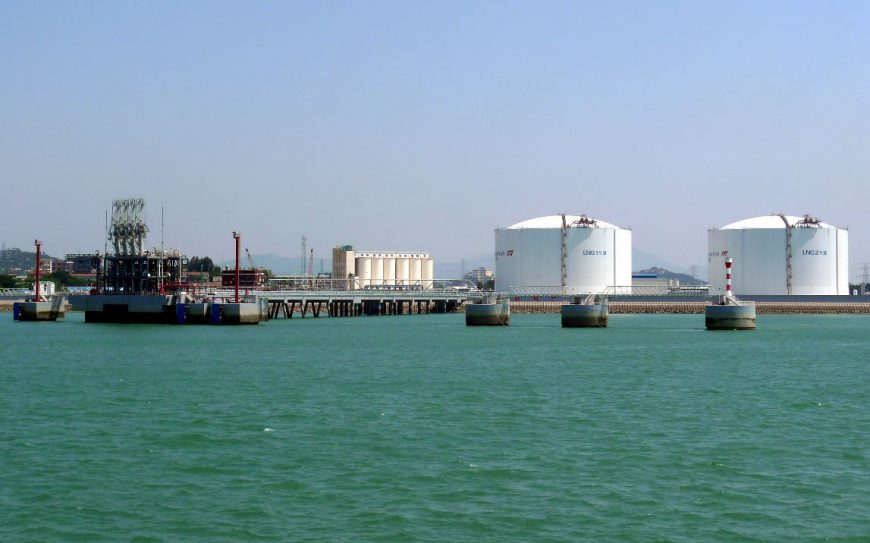Global oil demand growth is losing momentum, said the International Energy Agency (IEA), as it cuts its growth forecast for 2024, sharply contrasting with the projections of the OPEC producer group.
The agency, which represents industrialized countries, has forecasted that oil demand will peak in 2030 as the world shifts towards cleaner energies, while OPEC predicts that crude consumption will continue to rise over the next two decades.
This week, the monthly reports from both organizations have highlighted stark differences in their oil demand forecasts for 2024.
The pace of expansion will slow to 1.22 million barrels per day (bpd) in 2024, roughly half the growth seen last year, partly due to a sharp slowdown in Chinese consumption, said the agency.
It had previously forecasted 1.24 million bpd demand growth for 2024.
"The post-pandemic expansionary phase of global oil demand growth has come to an end," said the IEA, adding that a tougher global macroeconomic climate is also likely to limit growth this year.
Brent crude has risen nearly 6% since the beginning of the year as attacks on navigation in the Red Sea have raised supply fears, compounded by disruptions in January from major non-OPEC oil-producing countries such as the United States.
However, the gains have been limited by demand concerns as major economies grapple with high-interest rates to curb inflation.
On the supply side, the IEA raised its forecast for 2024, estimating supply growth at 1.7 million bpd from its previous forecast of 1.5 million bpd. The agency cited supply from non-OPEC producers and allies comprising the broader OPEC+ producer group.
The IEA now expects supply to reach a record level of around 103.8 million bpd, driven almost entirely by non-OPEC+ producers such as the United States, Brazil, and Guyana.
Given the solid supply prospects outside OPEC+, the IEA foresees a slight inventory build-up in the first quarter.
According to the IEA, crude production from the 22 OPEC+ member countries fell by 330,000 bpd in January to 41.52 million bpd, after protests halted Libyan production and some bloc members extended output cuts, though not as much as they had committed to.

